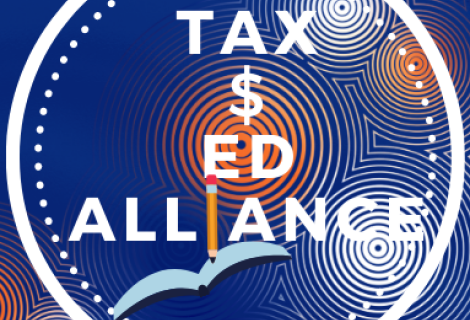
Education is believed to be the driving force for national development since it plays a major role in the
production of human capital and technologies that foster economic growth and human development
indicators. Thus, Carmen et al (2012)1
contends that investing in education increases chances of
individuals finding jobs that contribute to their well-being and economic growth. Other compelling
reasons why governments world over need to prioritize funding to the education sector can be best
explained by the contributions associated with each level of education. For instance, quality Early
Childhood Education (ECE) sets a solid foundation for children to start primary school with stronger
social skills and motivation to learn2
. Such children are also more likely to be retained in school and
gain key competencies in literacy, numeracy and build resilience to cope with trauma and stress. A
research conducted by UNICEF (2019) showed that children in Chad, Cameroon, Niger and Togo
who had attended pre-primary education were one and a half times more likely to achieve minimum
mathematics competencies in Grade 2 than those without pre-primary experience.